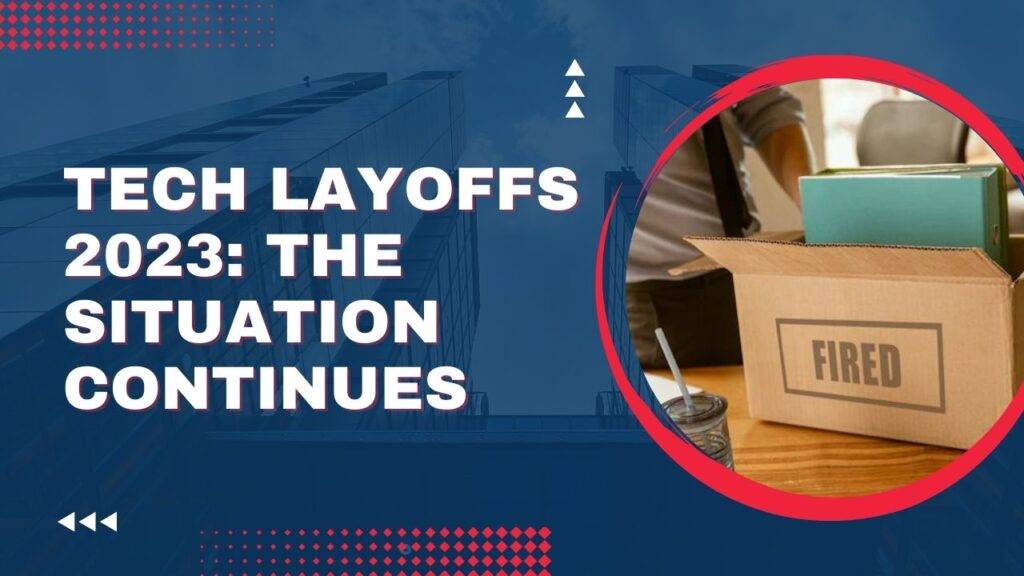AI is rapidly advancing in various sectors, including the food industry, setting itself apart from mechanical advancements. From upgrading food security to streamlining inventory networks for executives, artificial intelligence is reforming how we produce, circulate, and eat food. This blog explores the pivotal role of AI in the food industry and explores the benefits of utilizing AI sensor technology.
AI In Food Production
One of the top areas in which AI is remodeling the food enterprise is manufacturing tactics. AI-driven structures are improving performance and excellence in food manufacturing at various levels. AI in the food industry uses agricultural machinery sensors to optimize planting schedules, irrigation stages, and crop health. This not only maximizes yields but also minimizes useful resource waste, contributing to sustainable farming practices.
Companies increasingly utilize AI-powered robots in food processing to automate tasks such as sorting, grading, and packaging. Robots equipped with advanced computer imaginative and prescient abilities can identify defects and ensure consistently high standards. AI enhances productivity by streamlining manufacturing techniques and reducing manual labor, while also lowering operational fees for food producers.
Enhancing Food Safety
Ensuring food safety is paramount within the food enterprise, and AI is playing an important role in this factor as well. AI-powered structures can examine enormous quantities of data accrued from sensors and IoT gadgets to locate capability hazards in real time. Temperature sensors in storage centers can alert operators to deviations from the top-of-the-line temperature range, thereby preventing food spoilage and contamination.
AI in the food industry can analyze historical data to identify patterns and anticipate potential food safety risks before they escalate into larger issues. Artificial intelligence allows food makers to ensure the safety and quality of their products by providing early alerts and significant knowledge.
Optimizing Supply Chain Management
The complexities of the cutting-edge food delivery chain pose numerous demanding situations, including stock management, logistics optimization, and demand forecasting. AI-powered solutions are addressing these demanding situations with the aid of predictive analytics and machine learning algorithms. AI can use data from historical income, climate patterns, and customer traits to make accurate forecasts, optimize inventory levels, and reduce waste.
Furthermore, AI algorithms can optimize course planning and transportation logistics to ensure well-timed and green shipping of food merchandise. By lowering transit instances and minimizing transportation costs, AI contributes to an extra streamlined and sustainable supply chain.
Benefits Of AI Sensor Technology
One of the key enablers of AI-driven innovation within the food industry is sensor technology. AI sensors can accumulate great amounts of records associated with temperature, humidity, pH ranges, chemical compositions, and more. By integrating these sensors into numerous ranges of food manufacturing and distribution methods, numerous blessings can be found, including:
Real-Time Monitoring
AI sensors provide real-time monitoring of crucial parameters like temperature and moisture degrees, incorporating set-off interventions for deviations from optimal situations.
Quality Assurance
AI in the food industry uses sensors to continuously monitor product quality during manufacturing, ensuring constant high standards and detecting anomalies or defects.
Traceability
AI sensors permit accurate monitoring and traceability of food merchandise from farm to fork. It improves transparency and duty throughout the supply chain.
Cost Savings
AI sensors reduce spoilage, contamination, and fine issues, reducing product losses and expenses, and thus increasing profitability for food producers.
Compliance
AI sensors are being utilized to ensure compliance with regulatory requirements and food safety standards. This is done by providing accurate data and documentation.
The integration of AI and sensor technology in the food industry is revolutionizing performance, safety, and sustainability across the entire food chain. AI-driven solutions are revolutionizing the food production, distribution, and consumption processes. They are optimizing production strategies, ensuring food protection, and enhancing food enjoyment. As technological innovation accelerates, AI is expected to drive improvements in the food industry. And ultimately lead to a more resilient, sustainable, and visible food system.



